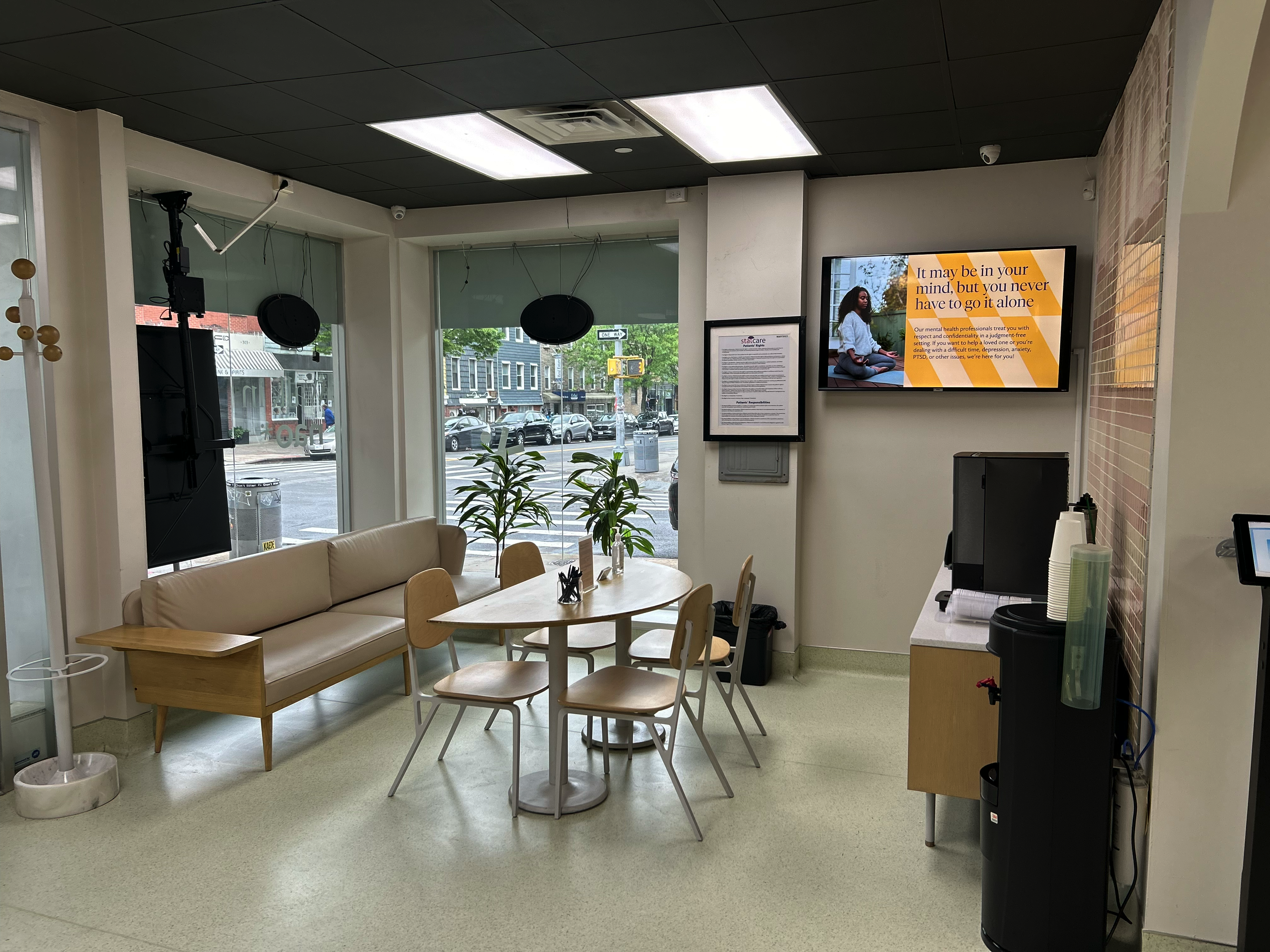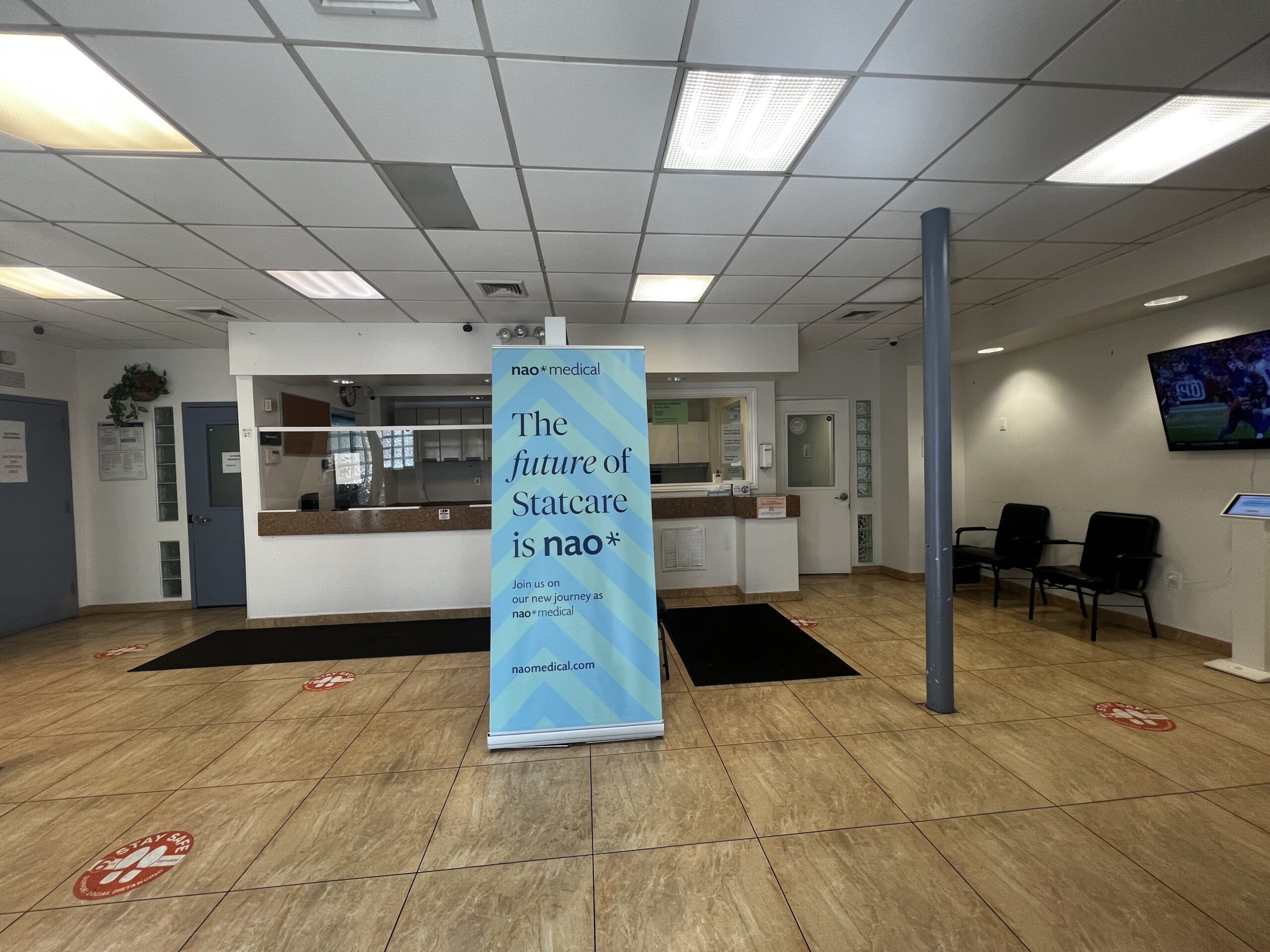Hey there! Are you struggling with anxiety and wondering if medication could help you find some relief? You’ve come to the right place! In this comprehensive guide, we’ll dive into the world of anti-anxiety medication, exploring the different types, their uses, and potential side effects. So grab a cup of tea, sit back, and let’s get started!
Understanding Anxiety Medication
Anxiety disorders affect millions of people worldwide, causing persistent feelings of fear, worry, and unease. While therapy and lifestyle changes are important components of treatment, medication can also play a crucial role in managing anxiety. Anti-anxiety medications, also known as anxiolytics, work by affecting the chemicals in your brain that contribute to anxiety.
Types of Anxiety Medications
1. Selective Serotonin Reuptake Inhibitors (SSRIs): SSRIs are commonly prescribed for generalized anxiety disorder, social anxiety disorder, and panic disorder. They work by increasing the levels of serotonin, a neurotransmitter that regulates mood, in your brain. Examples include Prozac, Zoloft, and Lexapro.
2. Benzodiazepines: Benzodiazepines are fast-acting medications that provide immediate relief for acute anxiety episodes. They enhance the effects of a neurotransmitter called GABA, which helps calm the central nervous system. However, they can be habit-forming and are usually prescribed for short-term use. Examples include Xanax, Ativan, and Valium.
3. Buspirone: Buspirone is a medication that works by stimulating serotonin receptors in the brain. It’s commonly prescribed for generalized anxiety disorder and may take a few weeks to reach full effectiveness.
4. Beta-Blockers: Beta-blockers are primarily used to manage physical symptoms of anxiety, such as rapid heartbeat and trembling. They work by blocking the effects of adrenaline, a stress hormone. They are often prescribed for situational anxiety, such as before public speaking. Examples include Propranolol and Atenolol.
Uses of Anti-Anxiety Medications
Anti-anxiety medications can be beneficial in various situations, including:
- Managing chronic anxiety disorders
- Alleviating acute anxiety episodes
- Improving sleep in individuals with anxiety-related insomnia
- Assisting in the treatment of co-occurring conditions, such as depression or obsessive-compulsive disorder (OCD)
Potential Side Effects
As with any medication, anti-anxiety drugs can have side effects. It’s essential to discuss potential risks and benefits with your healthcare provider before starting any treatment. Some common side effects may include:
- Drowsiness or fatigue
- Dizziness
- Confusion or difficulty concentrating
- Nausea or upset stomach
- Headaches
- Changes in appetite or weight
- Sexual dysfunction
It’s important to note that everyone’s response to medication is unique, and not everyone will experience the same side effects. Your healthcare provider will closely monitor your progress and make adjustments as needed to ensure the best outcome for you.
How Nao Medical Can Help
At Nao Medical, we understand the challenges of living with anxiety, and we’re here to support you on your journey towards better mental health. Our caring and knowledgeable staff are experienced in treating anxiety disorders, and we offer a range of services that go beyond medication.
Through our comprehensive approach, we provide not only anti-anxiety medication but also therapy, counseling, and lifestyle recommendations to help you manage and overcome anxiety. Our beautifully designed clinics and tech-focused platform ensure a seamless and convenient experience, with short wait times and the ability to access your health records easily.
If you’re ready to take the next step in your anxiety treatment, we invite you to book an appointment with us. Our compassionate team is dedicated to helping you find the right treatment options that work best for you.
Remember, you’re not alone in this journey. Nao Medical is here to support you every step of the way, providing high-quality and affordable care tailored to your needs. Together, we can conquer anxiety and achieve optimal mental well-being.
Frequently Asked Questions
- Q: Are anti-anxiety medications addictive?
- A: While benzodiazepines can be habit-forming if used for an extended period, other anxiety medications like SSRIs and buspirone are generally not addictive when taken as prescribed.
- Q: Can I stop taking anti-anxiety medication once my symptoms improve?
- A: It’s important to consult with your healthcare provider before making any changes to your medication regimen. Abruptly stopping certain medications can lead to withdrawal symptoms or a recurrence of anxiety symptoms.
- Q: How long does it take for anti-anxiety medication to start working?
- A: The time it takes for medication to take effect can vary depending on the type of medication and individual response. Some medications may show noticeable improvements within a few weeks, while others may take longer.
These are just a few common FAQs about anti-anxiety medication. If you have any specific questions or concerns, our healthcare professionals are here to provide you with personalized answers and guidance.
Remember, seeking help for your anxiety is a sign of strength, and you deserve to live a life free from overwhelming worry. Take the first step today and book an appointment with Nao Medical!
We hope you found this comprehensive guide to anti-anxiety medication helpful and informative. If you have any further questions or would like to explore our services in more detail, please don’t hesitate to reach out. Your well-being is our priority, and we’re here to support you on your journey to better mental health.
Book an appointment with Nao Medical.
Disclaimer: This blog post is for informational purposes only and should not substitute professional medical advice. Please consult a healthcare professional for personalized guidance and treatment options.
We look forward to assisting you on your path to wellness!







 (917) 310-3371
(917) 310-3371












